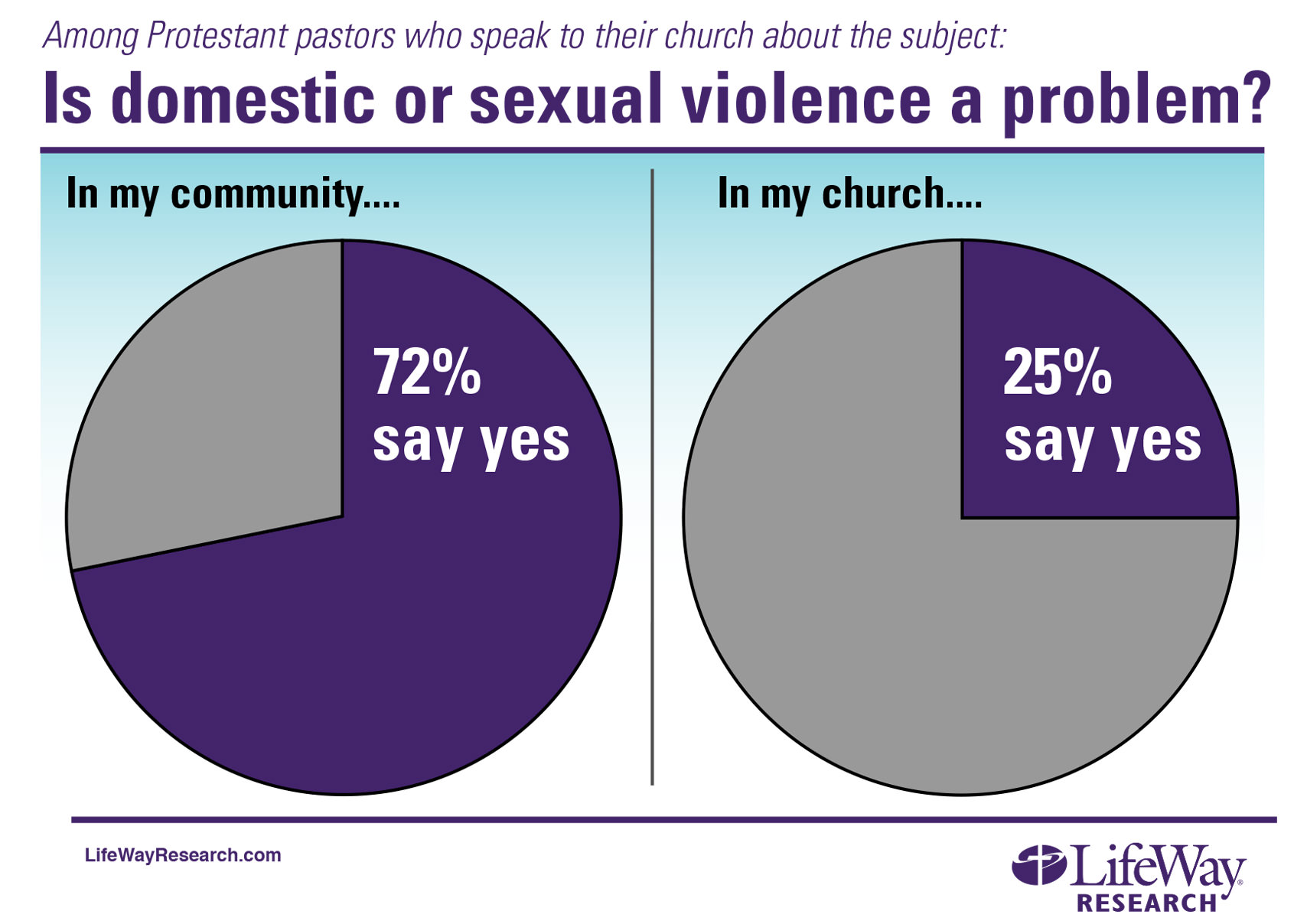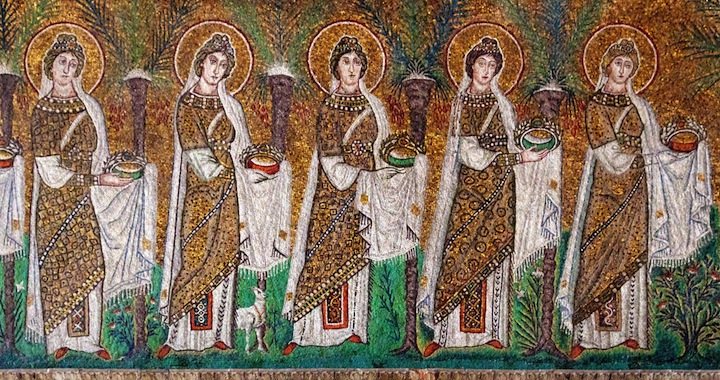
No Battle Between the Sexes – Part 5
So, as those who have been chosen of God, holy and beloved, put on a heart of compassion, kindness, humility, gentleness and patience; bearing with one another … Beyond all these things put on love, which is the perfect bond of unity. (Colossians 3:12-14)
Christ’s last instructions to the church were for men and women to take the gospel to the ends of the earth. Over the last twenty centuries, the church has had many struggles with fulfilling Christ’s command to make disciples of the nations. There have been high points and low points throughout history as the Church has sought to fulfill the Great Commission. Roadblocks to disseminating the gospel include natural disasters, persecutions, and unwillingness or inability. Not enough attention has been paid to the fact that one major problem has been the limiting of half of Christ’s disciples in their legitimate kingdom work solely because of their gender. Nearly twenty centuries after Christ ascended to Heaven many in the Church are still debating whether or not women may serve equally with men.
In the first four essays of this series, No Battle Between the Sexes, we demonstrated conclusively that God does call and gift women for His service equally with men. Here is a summary:
1. Patriarchy was not God’s plan. Throughout the Bible and history we see that women and men serve Christ together. In our first post (4-4-19) we looked at the story of creation in the Bible. Humans were created male and female as equals, with an equal image of God. They were to serve with mutual respect and authority and rule the earth together (Gen. 1:28).
2. In the second post (4-11-19) we followed what happened to humans in history. Complementarians try to make a case citing traditionthat women are to be in subordination to men. What actually happened was that after Adam and Eve fell, men sought to maintain power and control over women. In spite of the fact that God clearly commissioned Adam and Eve as equal partners in the garden, throughout history women have been treated like second class citizens as men seek illegitimate rule over them. God was meant to be the ruler over His children, but men began to interpose themselves in a hierarchy of leadership.
3. In the third post (4-18-19) we looked at the complementarian attempt to justify their position of the eternal subordination of women to men theologically. But the Bible does not contain a single verse that says that men are superior to women. Complementarian theology is weak at best and as we have demonstrated it falls short of the standard in God’s Word and His leading throughout history.
4. In last week’s post (4-25-19) we focused on the philosophical aspects of the view that women were only created to serve men. Without using proper exegesis to come to the truth, one would expect to find errors in other areas of complementarian thinking and this is indeed the case. Complementarians pretend to give women ontologicalequality with one hand and then they take equality away with the other hand by insisting that women’s subordination is necessaryand permanent. This is just a sleight of hand.
5. In this week’s post we will show that once complementarians begin to interpret the Bible in a way that supports their theology (eisegesis), consequences follow. Abuse in the form of domestic violence is one of the most tragic consequences of viewing women as inferior to men. We must not treat abuse in our churches as a secondary issue. For those women who live with domestic violence it is a centralissue; they live with a logical conclusion of women’s submission to sinful men.
Many may be surprised to find that domestic violence is just as common in the Church as their community. As demonstrated in the chart at the beginning of this post, many Protestant pastors still do not believe that there is a problem with domestic violence in the Church. In the last few decades many organizations have been striving to expose the problems. #MeToo and #ChurchToo have been helpful, but the problem is how to change the hearts of those who have already made up their minds and won’t look at the facts.
Complementarians are responding to the problem of abuse in the Church by blaming egalitarians for the abuse rather than looking at their own theology. Complementarian theology promotes a power differential between men and women, and it fosters physical, emotional, and spiritual abuse.
For example, one woman after being repeatedly abused by her husband, Sally (a very real story, but not her real name) went to stay with her sister for two weeks. While she was gone, her husband went to the elders of their church and had her excommunicated. Aside from the obvious disregard of Christ’s instructions for the process of discipline given in Matthew 18, this church thinks that male hierarchy is more important than the safety and lives of women.
Churches allow men to treat women this way in part because of the influence of men like Drs. Wayne Grudem, Bruce Ware, and John Piper and has led many to accept the position of male rule. (See post 4-18-19 for the history of the rise of complementarianism.) As a complementarian, Piper has been consistent in his view that only men may be in leadership positions in the church. In a Desiring God podcast entitled “Sex-Abuse Allegations and the Egalitarian Myth,” Piper lays the blame on egalitarians for the abuse of women and girls because they have neglected God-created gender differences. He says that it is egalitarians’ fault that men have forgotten the “special care” men owe women. He asserts that only male leadership can cause humanity to flourish and protect women from abuse. For Piper it is “maleness” that qualifies men for leadership and care for women. But what about sinful men? Piper says that women may have to endure some abuse anyway.[1]
Piper goes on to clarify that women should submit to Jesus first, but Jesus says she should submit to her husband, therefore she must submit to her husband’s abuse in order to obey Jesus. If the husband is abusing her, what is her response? She should try and sweetly convince her husband to change his mind. Otherwise, she must endure the abuse for a season: “If it’s not requiring her to sin but simply hurting her, then I think she endures verbal abuse for a season, and she endures perhaps being smacked one night, and then she seeks help from the church.”[2]
Piper later clarified that abusive husbands are breaking God’s law and should be reported to civil authorities. This is commendable, but does not stop the problem. It is too late for the woman who must live with the fear and the pain. It is not enough to blame egalitarians for the problem rather than face the problem of a faulty theology. Piper has forgotten that men are sinners and not all men are the loving, gentle providers for their families that they should be. Too many men use Piper’s teaching to justify abuse.
Abusers are not limited to the laity. Ruth Tucker recounts how her pastor husband would grow angry with her and on one occasion, “he began pummeling me, pushing me, knocking me to the floor, and kicking me.”[3]With his bible in his hand, her husband demanded that she submit to his authority.
As we have demonstrated, complementarian teaching does not present consistent biblical truth. In the Bible, human flourishing has nothing to do with gender roles and everything to do with spiritual rebirth in Christ through the Holy Spirit. It is Christ in you as lived out through the fruit of the Spiritthat results in holy living (Colossians 1:21-27, Galatians 5:16-25). By emphasizing gender over the true gospel of rebirth in Christ, the complementarians make a grave error. Maleness is not a morality or a character quality.
By emphasizing maleness as the primary qualification for leadership, the complementarians have continued to place females at risk by putting gender ahead of godly character. It can allow sinful, abusive men to have authority whether or not they have demonstrated spiritual maturity. The same patterns of abuse against women are as evident in the Church as in society, even if they go unnoticed. Of course not all men who believe in female subordination are perpetrators, but the low view of women as taught by the complementarians does exacerbate the problem.
The consequences of holding the view that women were created solely to serve men are very disturbing. Yes, many godly men are leading their families well, but “ideas have consequences” and the pervasive idea of women’s inferiority have led to much abuse. The consequences of a subordinate view of women, that they are somehow “equal but different,”—with “different” meaning lower status in roles have led to physical, emotional, and spiritual abuse. It is not Christlike.
But Jesus called them to Himself and said, “You know that the rulers of the Gentiles lord it over them, and their great men exercise authority over them. It is not this way among you, but whoever wishes to become great among you shall be your servant, and whoever wishes to be first among you shall be your slave; just as the Son of Man did not come to be served, but to serve, and to give His life a ransom for many.”(Matthew 20:25-28)
My prayer is that God will open the eyes of complementarian leaders like Wayne Grudem, Bruce Ware, and John Piper. I pray that these men could see the consequences of the influence they have. Would that they would study the Bible, history, theology, philosophy, and ethics more honestly and realize what harm they are doing in the Church. What a wonderful change it would be if men and women serving together would take the Gospel to the nations. As the Church obeys Christ many more people will come to know the peace, forgiveness, love, and joy of the Gospel.
[1]John Piper, “Sex-Abuse Allegations and the Egalitarian Myth,” March 16, 2018 https://www.desiringgod.org/interviews/sex-abuse-allegations-and-the-egalitarian-myth.
[2]John Piper, “Does a Woman Submit to Abuse?,” September 1, 2009, https://www.youtube.com/watch?v=3OkUPc2NLrM.
[3]Ruth A. Tucker. Black and White Bible, Black and Blue Wife: My Story of Finding Hope after Domestic Abuse(Grand Rapids, MI: Zondervan, 2016). pgs. 72, 73.





